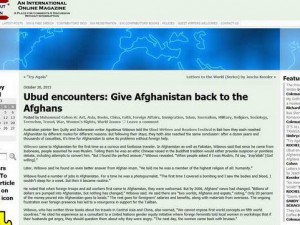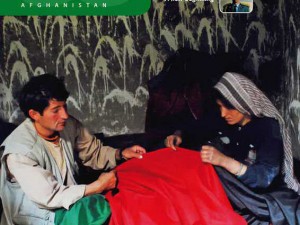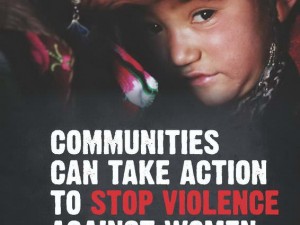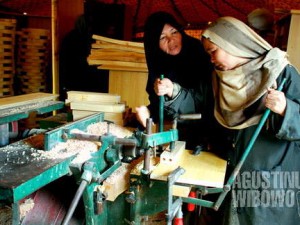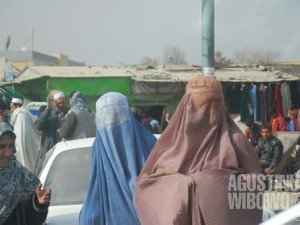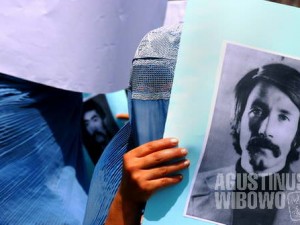Speak Without Interruption (2013): Give Afghanistan back to the Afghans
http://www.speakwithoutinterruption.com/site/2013/10/ubud-encounters-give-afghanistan-back-to-the-afghans/ October 20, 2013 Ubud encounters: Give Afghanistan back to the Afghans Posted by Muhammad Cohen in: Art, Asia, Books, China, Faith, Foreign Affairs, Immigration, Islam, Journalism, Military, Religion, Sociology, Terrorism, Travel, War, Women’s Rights, World Issues Australian painter Ben Quilty and Indonesian writer Agustinus Wibowo told the Ubud Writers and Readers Festival in Bali how they each reached Afghanistan by different routes for different reasons. But following their stays, they both also reached the same conclusion: after a dozen years and thousands of casualties, it’s time for Afghanistan to solve its problems without foreign help. Wibowo came to Afghanistan for the first time as a curious and footloose traveler. In Afghanistan as well as Pakistan, Wibowo said that since he came from Indonesia, people assumed he was Muslim. Telling them he was an ethic Chinese [read more]

